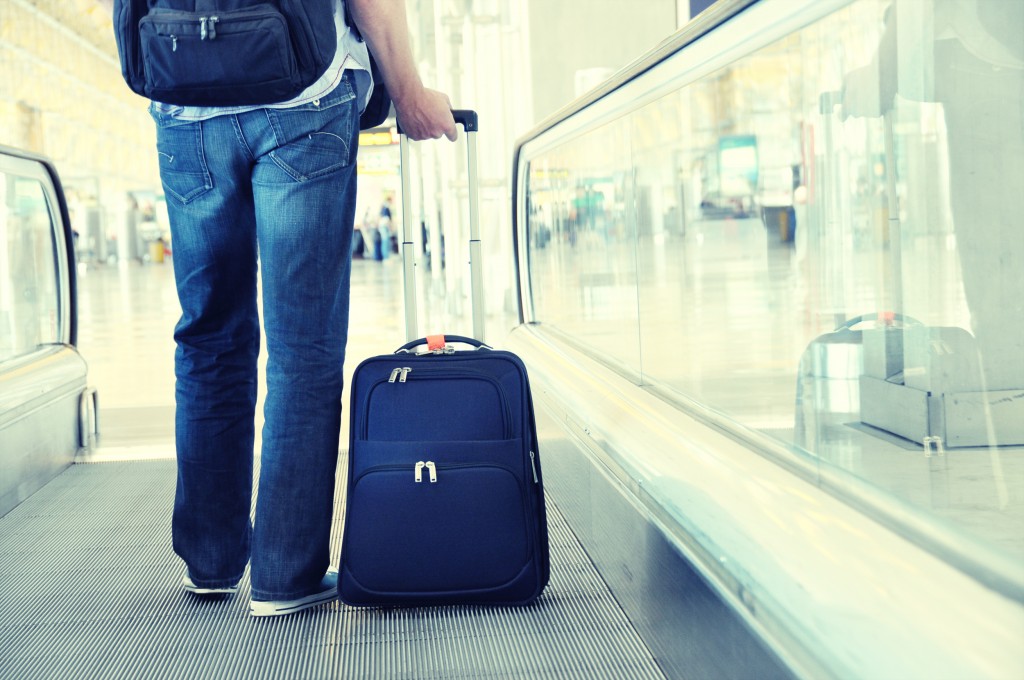People who receive a diagnosis for a medical condition often have to cancel plans or change their lifestyle or diet. These conditions can greatly change the life they are leading. But this doesn’t mean that they have to stop enjoying things they usually do. It just means that they have to approach things a bit differently. This change is most apparent when it comes to travel. If you still want to keep globe-trotting, here are some things you should be doing to ensure all your trips are safe for you.
Visit Your Doctor
There is nothing more important for your trip than visiting your doctor. You should drop by six to four weeks before you start planning your trip and ask them if you can go. Their answer will be the one that decided whether the trip can go ahead. If they say “yes” then you’ve got the green light, and you can start making plans. An answer of “no” is unfortunate, but you need to understand it is for your good. It will be a great help if you have a general idea of where you are going and what you will be doing. It would be best if you told your doctor that you’d be concentrated on comfort and relaxation so they would be more likely to give their approval.
Besides this, your doctor can be a big help. They can give you an idea of how you can make your trip a reality. For example, chronic fatigue treatment medication will be necessary if you suffer from it. Usually, you would be able to have easy access to it at home. You’ll need advice on how much you should bring along. You might also face trouble bringing some medication on a flight since some can be illegal in some countries. Work with your doctor to figure out alternatives. They can also tell you about what you should avoid doing while on your vacation.
Make All The Right Plans
Trying to organize a trip on the fly is a very difficult thing to do. It can only add to your stress levels so you should plan all the details of your trip in the comfort of your own home. This allows you to take things slow. Besides the slow pace of your planning, you also have more sources of information at your disposal. Check medical websites like the Center For Disease Control to look into what you need to know and do. Other online resources can tell you if there are hospitals nearby in your vacation area and what local conditions you can expect.
Another part of planning is a check on your insurance plan. Some companies offer travel medical insurance. With a preexisting condition, you might need to pay a bit extra, but it can be worth it to get the additional protection.
Finally, don’t be all serious about your plans. Mix in planning some fun stuff. You can check out online recommendations on what you should be doing at your trip location and consider doing them. Be realistic about your abilities, though. While you won’t be able to join that city walking tour, you can manage a quiet visit to the local museum. You should also schedule in some proper rest stops so you can recover.
Prepare Records And Medication

When you are packing for your trip, there are two important things you should never forget: medication and medical records. Getting the right medication while on a trip can be a problem, so you need to have all the medication that you need and more. Always plan for problems or delays so pack two to three days worth of medicine. If you want to be sure, then a week’s additional supply could serve as an emergency pack. They won’t even go to waste if you don’t use them. Just add them to your daily medication stock when you arrive at home.
Medical records are very important when traveling. While you have a medical bracelet to identify your condition, local doctors should know what they are dealing with. Your full medical info can go on a USB while you can print out your basic medical information on a simple card. This should include contact info for your doctor, allergies, medication, and your current medical condition. Your insurance plan numbers should be on there, too. Have several of these cards ready so that you can hand them over quickly.
Medical conditions can be life-changing, but they are not life-ending. You can still enjoy vacations and long trips as long as you take the right precautions and make the proper preparations.

